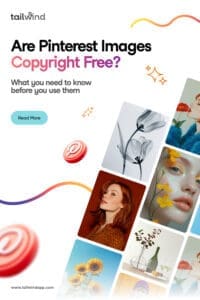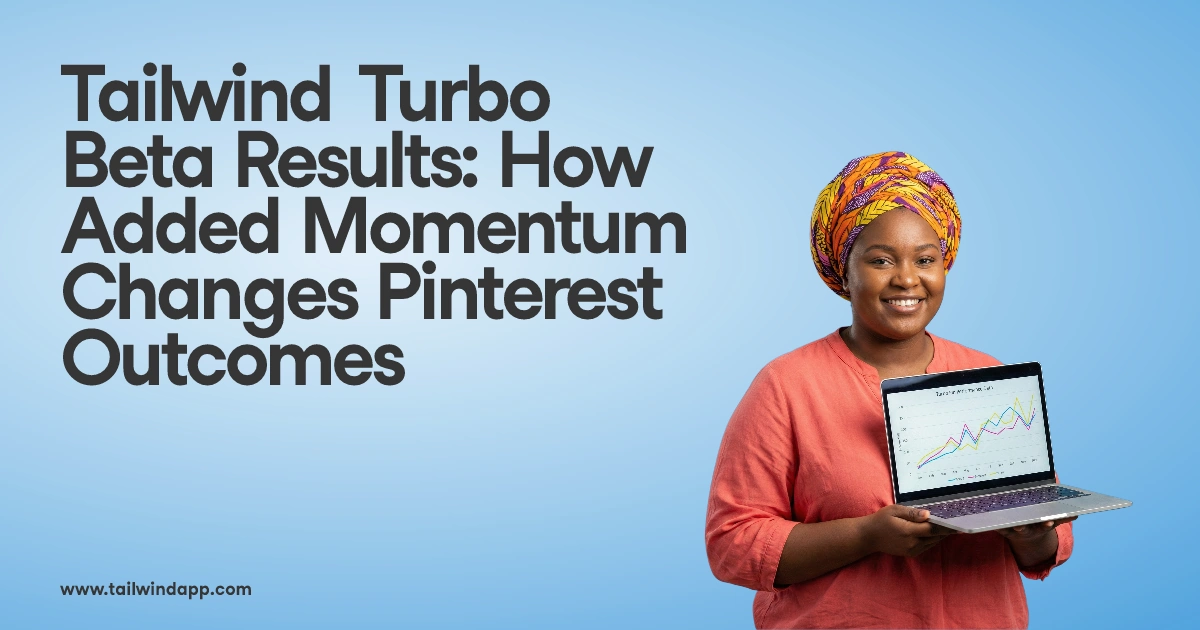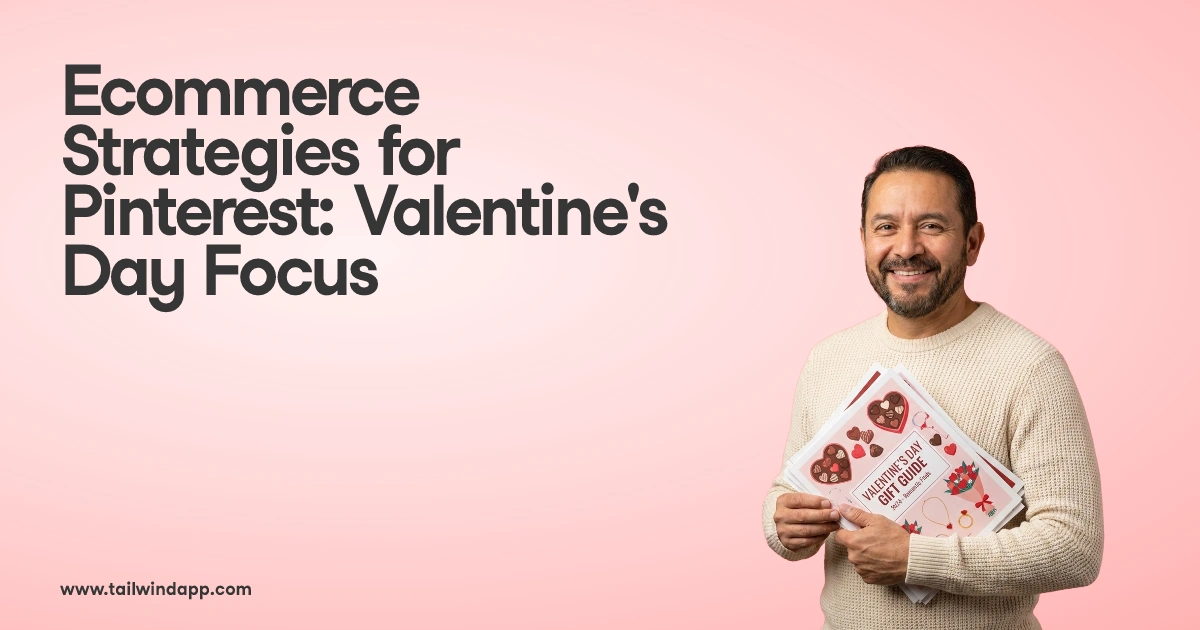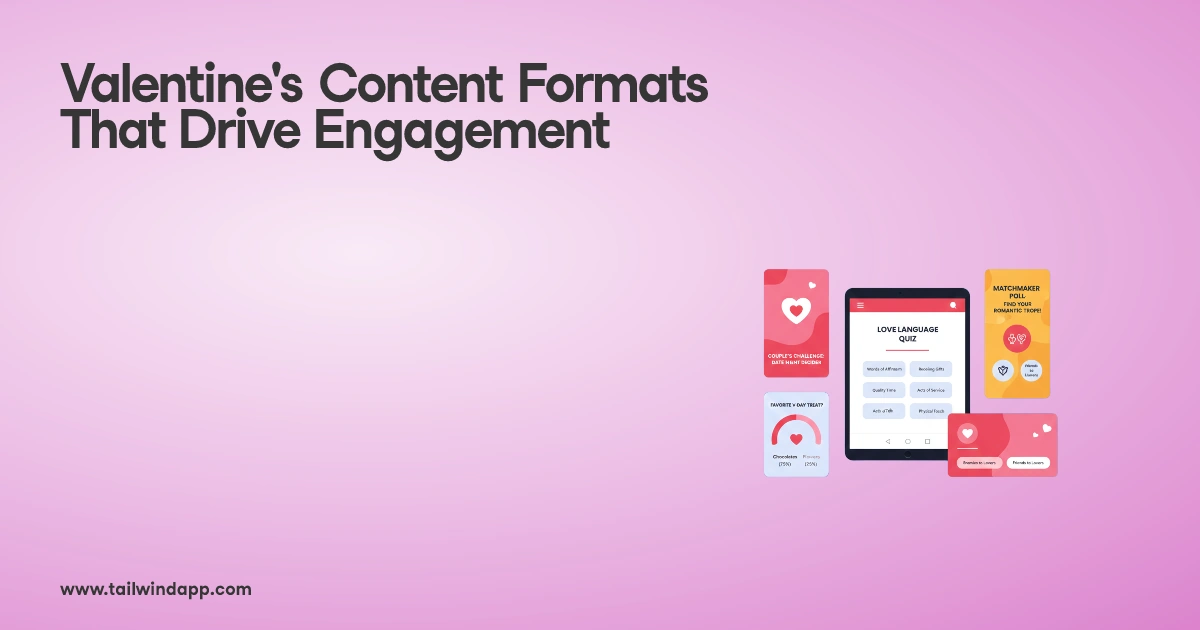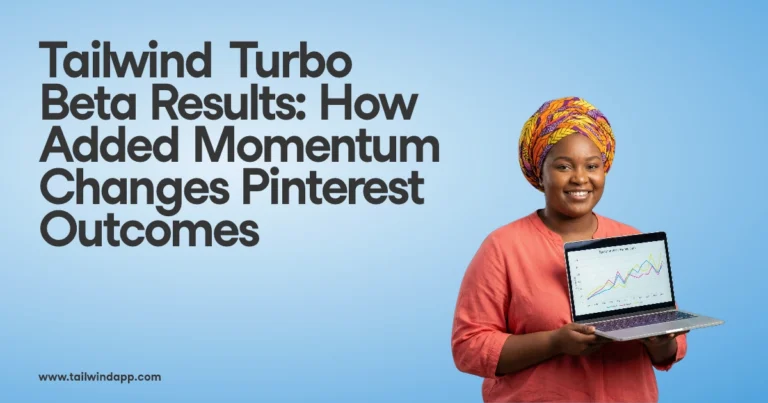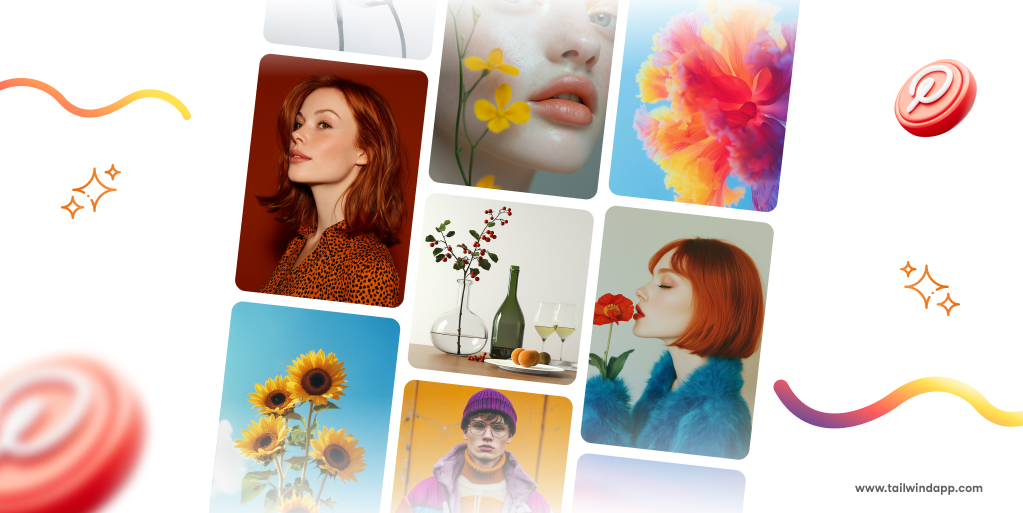
Pinterest is a treasure trove of inspiration. Whether you’re creating a vision board, searching for recipe ideas, or looking for the perfect image to go along with your blog post, it’s easy to get lost in the endless scroll of beautiful photos.
But if you’ve ever wondered, “Can I use this image on my site or social media?” — you’re not alone.
One of the most common questions people ask is: Are Pinterest images copyright free? The quick answer is: No. Why is that so, and what are the alternative solutions, will be explained in the post.
First Things First: What Is Copyright?

Before we dive into Pinterest-specific rules, let’s get clear on what copyright actually means.
Copyright is a legal protection automatically given to creators of original works — including photographs. That means as soon as someone takes a photo, they (or their employer, depending on the situation) own the copyright.
So, unless that photographer explicitly gives permission for others to use their work, it’s protected. You can’t just copy it, repost it, or use it commercially — even if you found it on Pinterest, Google Images, or anywhere else online.
How Pinterest Works (and Why It Can Be Confusing)
Pinterest isn’t a stock photo site — it’s a visual discovery engine. Most of the images you see on Pinterest aren’t uploaded by the original creators. They’re usually “pinned” from other websites or re-pinned from other users.
In other words, Pinterest is more like a giant scrapbook of the internet than a collection of royalty-free photos.
So when you see a gorgeous photo of a living room, recipe, or wedding bouquet, there’s a good chance it came from a personal blog, a brand’s website, or even a licensed stock photo platform — not from the person who pinned it.
Are Pinterest Images Copyright Free?
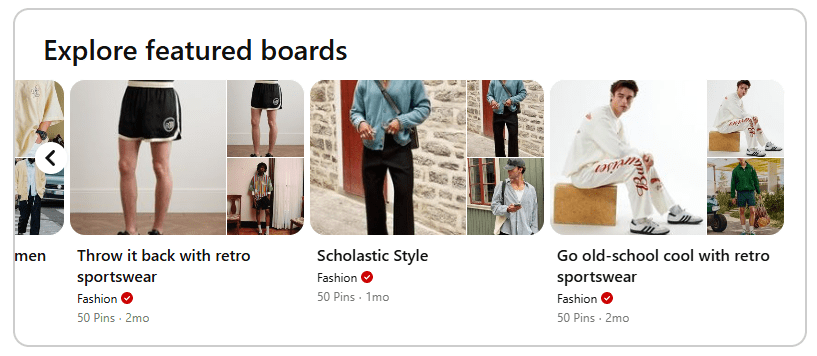
Let’s be super clear here:
No, Pinterest images are not automatically copyright free.
Just because an image is on Pinterest doesn’t mean you can use it however you want. Most images are still protected by copyright, even if they’ve been shared or repinned a hundred times.
Here’s what Pinterest says in their own Terms of Service:
“You are responsible for User Content and any third-party content you post on your boards, and you represent and warrant that User Content and any third-party content posted on your boards comply with all applicable laws and regulations.”
That means even Pinterest is telling you: Don’t assume you can use images you find on their platform.
What Happens If You Use a Pinterest Image Without Permission?
Using someone else’s image without permission could land you in legal trouble. Seriously.
The original creator or copyright holder has the right to send you a DMCA takedown notice, demand you remove the image, or even pursue legal action. While that might sound extreme, it happens — especially if you’re using the image on a commercial website, social media ad, or blog post that makes money.
Even if your intentions are good, that won’t protect you legally. Copyright law doesn’t care whether you meant harm or not — it only cares if you had permission.
So When Can You Use Pinterest Images?
Alright, let’s talk about the exceptions. There are a few situations where it might be okay to use images from Pinterest — but you’ve got to be careful.
1. You Have Permission From the Copyright Owner
If you know who took the photo and they’ve given you permission (preferably in writing), you’re good to go.
2. The Image Is in the Public Domain
Some images have had their copyrights waived or expired — these are considered public domain. However, they’re rare on Pinterest, and you’ll want to double-check the source.
3. It’s Clearly Labeled for Reuse
Some images may be shared under Creative Commons licenses, which allow reuse under specific conditions (like giving credit or not using it commercially). Again, you’ll need to verify the license by visiting the source page.
4. You Embed the Pin (Instead of Downloading the Image)
This one’s a gray area, but it’s often considered safer to embed a Pin using Pinterest’s official embed code. That way, you’re not copying or re-uploading the image — you’re simply displaying it in a way that links back to the original content.
Embedding still doesn’t guarantee you’re safe, but it’s less risky than downloading and re-uploading the image yourself.
Better (and Safer) Alternatives for Images
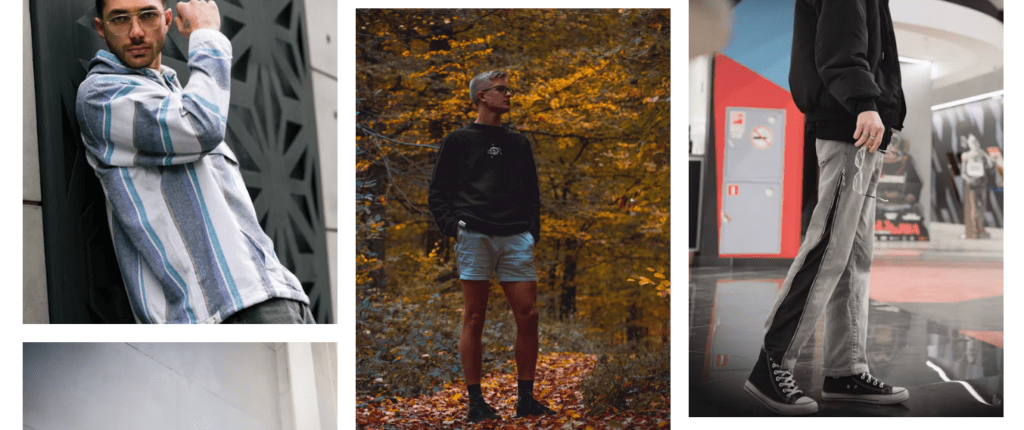
If you’re creating content for a blog, website, or social media, it’s much safer (and more professional) to use images that are explicitly licensed for reuse.
Here are a few go-to sources for copyright-free or royalty-free images:
- Unsplash – Beautiful, high-res photos free to use, even commercially
- Pexels – Another fantastic source of free stock images and videos
- Pixabay – Offers images, videos, and even music, all under a flexible license
- Canva Pro – Includes access to millions of royalty-free images and templates
You can also purchase stock images from platforms like Shutterstock, Adobe Stock, or iStock if you want exclusive or niche content.
What About Pinterest for Content Creators and Marketers?
If you’re a creator or marketer using Pinterest to drive traffic, here are some best practices to stay on the right side of copyright law:
- Create your own visuals: Use tools like Canva, or take your own photos
- Always check the image source before repinning or sharing elsewhere
- Don’t just grab images from Pinterest to use on your blog, ads, or website
- Give credit when it’s required — and when in doubt, ask for permission
So are Pinterest Images Copyright Free? No. Pinterest is a powerful marketing tool, but it’s meant to inspire — not replace — your original content.
FAQs
Can I use Pinterest images for my blog or website?
Not unless you have permission or the image is clearly labeled for reuse. Otherwise, it’s a copyright risk.
What if I give credit to the creator?
Giving credit is nice, but it doesn’t override copyright law. You still need permission to use the image.
What if I just share it on social media?
Even social media use can be a gray area. If you’re reposting without permission or using someone else’s work in an ad, it can still be infringement.
Is it safe to repin images on Pinterest itself?
Yes — within Pinterest, repinning is expected. But taking that same image and using it elsewhere? Different story.
